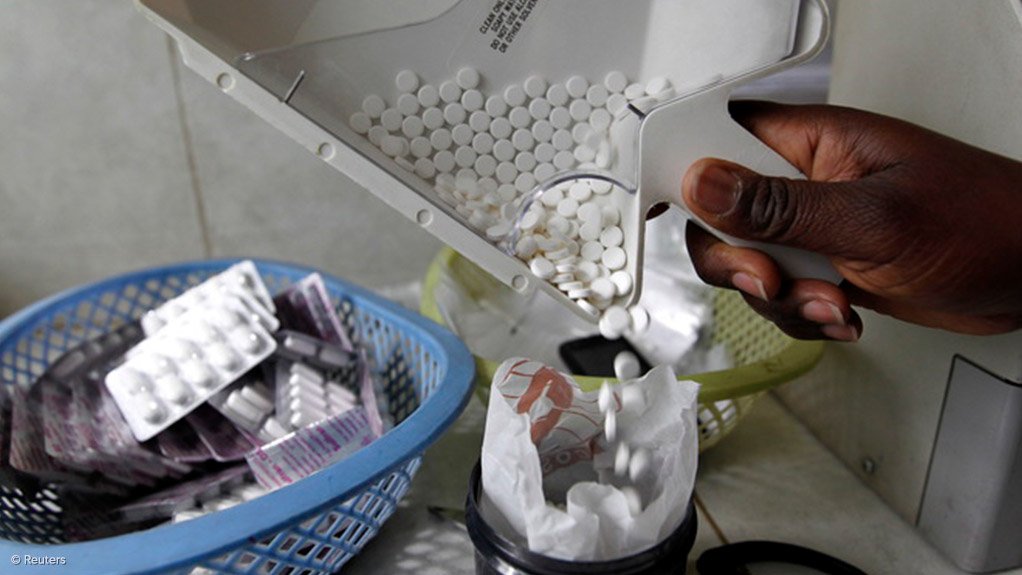The Portfolio Committee on Health emphasised the need for South Africa to strengthen its sovereignty in health matters and reduce reliance on foreign funding, calling on Health Minister Dr Aaron Motsoaledi to prioritise local production of essential medications.
The committee also wants Motsoaledi to explore innovative funding mechanisms that could support health initiatives without depending on foreign aid.
The committee received a comprehensive briefing from Motsoaledi, regarding the recent withdrawal of funding from the United States President’s Emergency Plan for AIDS Relief (PEPFAR).
Last month, US President Donald Trump announced that his government would be halting all PEPFAR funding, which has funded the distribution of HIV/AIDS treatment in South Africa and other countries for years.
During the briefing, Motsoaledi highlighted PEPFAR’s critical role in supporting various health initiatives, stating that about 7.8-million South Africans are living with HIV/AIDS - the highest number globally.
Motsoaledi emphasised that PEPFAR funding had been instrumental in addressing the needs of the 27 high-burden districts, which were selected for support based on specific criteria.
The committee also highlighted that the withdrawal of PEPFAR funding served as a wake-up call for the country to develop sustainable healthcare solutions independent of external influences.
The Minister noted that South Africa relied primarily on its own budget for antiretroviral treatment, with approximately 90% of the medication being locally funded.
During the discussions on the US withdrawal of PEPFAR funding, committee members had questions about the immediate and long-term implications of this decision.
“Members expressed concern that the suspension of funding could lead to significant disruptions in HIV prevention and treatment services, particularly in these 27 high-burden districts that rely heavily on PEPFAR support,” said Health Committee chairperson Sibongiseni Dhlomo.
The committee also wanted to know about contingency plans for maintaining service delivery, the potential impact on patient care, and how the department intends to support the healthcare workforce affected by the funding cut.
Dhlomo highlighted that the committee sought clarity on how the government planned to address the anticipated shortfall and the measures that would be put in place to ensure that those living with HIV continued to receive the care they need.
HEALTHCARE PROFESSIONALS
Meanwhile, concerns were raised about the rising numbers of qualified healthcare professionals who wee unable to find employment in the public sector.
The committee questioned the long-term implications of this trend on the healthcare sector, noting that an adequate workforce was essential for delivering effective health services, especially in underserved areas.
Committee members questioned the Minister about the current vacancy rates for medical positions and urged him to outline specific strategies for integrating newly qualified doctors into the healthcare system.
“Suggestions made included the need for a streamlined recruitment process, the development of internship programmes that guarantee employment upon completion, and collaboration with provincial health departments to prioritise hiring in areas with the greatest need. The committee urged the Minister to explore strategies for absorbing newly qualified healthcare practitioners into the public healthcare system,” explained Dhlomo.
EMAIL THIS ARTICLE SAVE THIS ARTICLE ARTICLE ENQUIRY
To subscribe email subscriptions@creamermedia.co.za or click here
To advertise email advertising@creamermedia.co.za or click here











